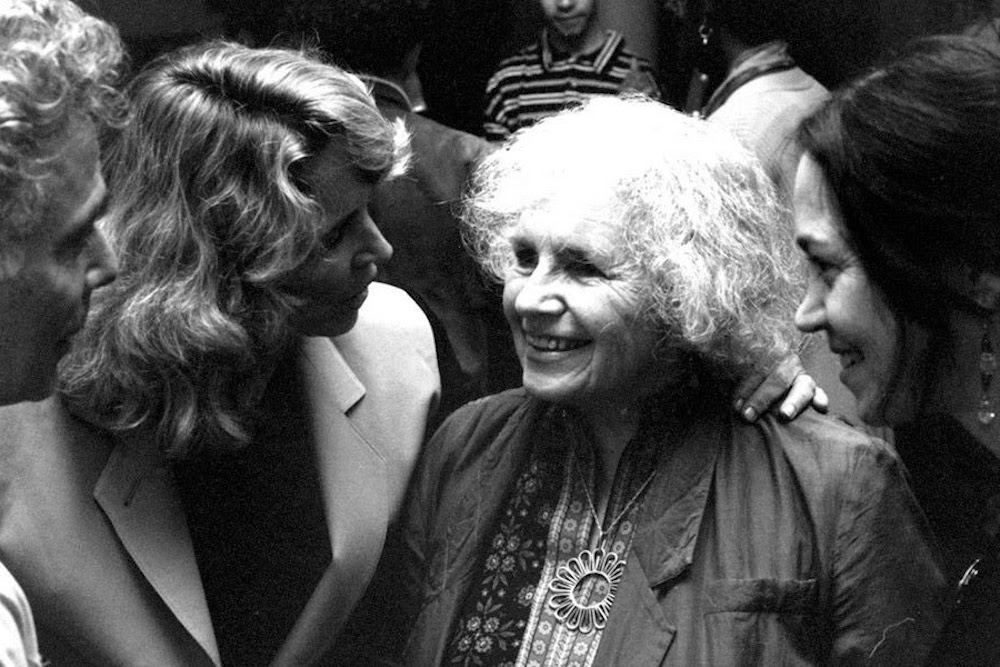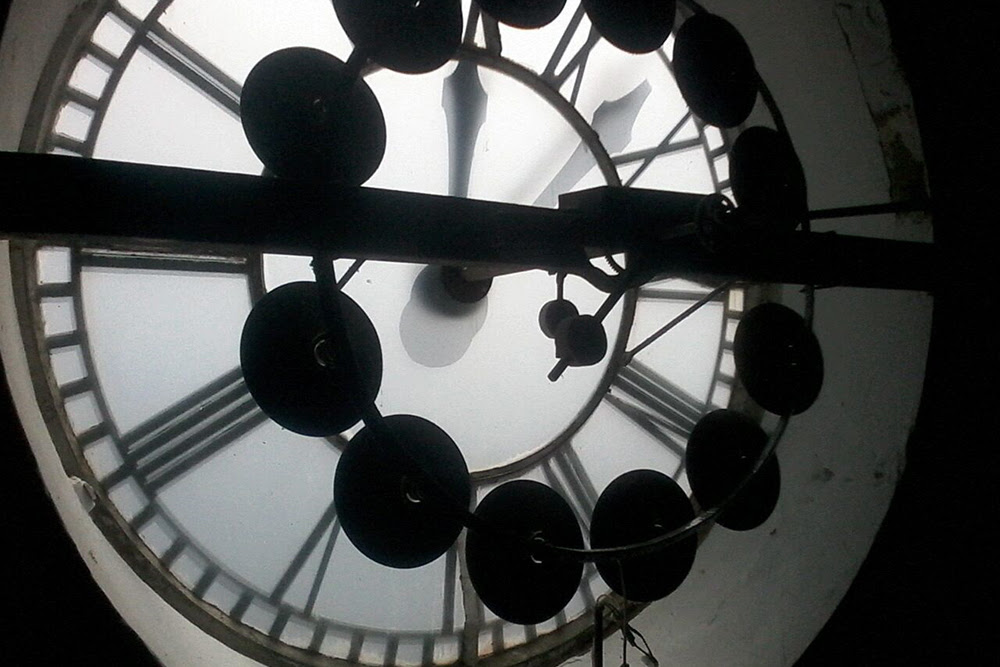Every week, the editors of The Paris Review lift the paywall on a selection of interviews, stories, poems, and more from the magazine’s archive. You can have these unlocked pieces delivered straight to your inbox every Sunday by signing up for the Redux newsletter.
This week at The Paris Review, the clock is ticking. Read on for Grace Paley’s Art of Fiction interview, V. S. Naipaul’s short story “My Aunt Gold Teeth,” and David Rokeah’s poem “Between Me and Time.”
If you enjoy these free interviews, stories, and poems, why not subscribe to The Paris Review? Or, to celebrate the students and teachers in your life, why not gift our special subscription deal featuring a copy of Writers at Work around the World for 50% off? And for as long as we’re flattening the curve, The Paris Review will be sending out a new weekly newsletter, The Art of Distance, featuring unlocked archival selections, dispatches from the Daily, and efforts from our peer organizations. Read the latest edition here, and then sign up for more.
Grace Paley, The Art of Fiction No. 131
Issue no. 124, Fall 1992
INTERVIEWER
What were you doing before you became a published writer?
GRACE PALEY
I was working part time. I was hanging out a lot. I was kind of lazy. I had my kids when I was about twenty-six, twenty-seven. I took them to the park in the afternoons. Thank God I was lazy enough to spend all that time in Washington Square Park. I say lazy but of course it was kind of exhausting running after two babies. Still, looking back I see the pleasure of it. That’s when I began to know women very well—as co-workers, really. I had a part-time job as a typist up at Columbia. In fact, when I began to write stories, I typed some up there, and some in the PTA office of P.S. 41 on Eleventh Street. If I hadn’t spent that time in the playground, I wouldn’t have written a lot of those stories. That’s pretty much how I lived. And then we had our normal family life—struggles and hard times. That takes up a lot of time, hard times. Uses up whole days.
My Aunt Gold Teeth
By V. S. Naipaul
Issue no. 19, Summer 1958
One morning she took the train for the county town of Chaguanas, three miles, two stations and twenty minutes away. The church of St. Philip and St. James in Chaguanias stands imposingly at the end of the Caroni Savannah Road, and although Gold Teeth knew Chaguanas well, all she knew of the church was that it had a clock, at which she had glanced on her way to the Railway Station nearby. She had hitherto been far more interested in the drab ochre-washed edifice opposite, which was the Police Station.
Between Me and Time
By David Rokeah
Issue no. 29, Winter–Spring 1963
The things between me
and time:
My daily forgetfulnesses.
Leaves of the fall that lose themselves in the wind.
Desert sand. Its haste that evades the eyes.
The black complaint of the sea
that lasts longer than night …
And to read more from the Paris Review archives, make sure to subscribe! In addition to four print issues per year, you’ll also receive complete digital access to our sixty-seven years’ worth of archives. Or, to celebrate the students and teachers in your life, why not gift our special subscription deal featuring a copy of Writers at Work around the World for 50% off?
from The Paris Review https://ift.tt/33ycxmn



Comments
Post a Comment